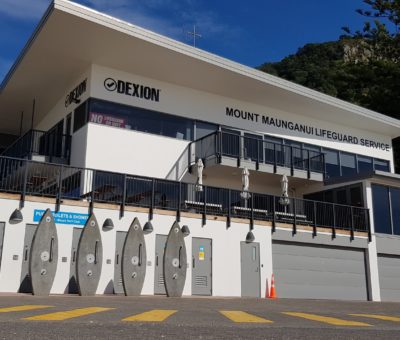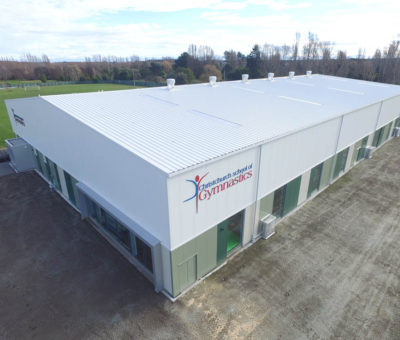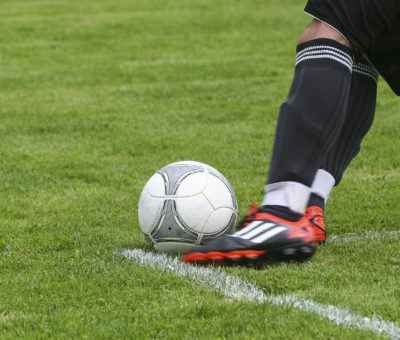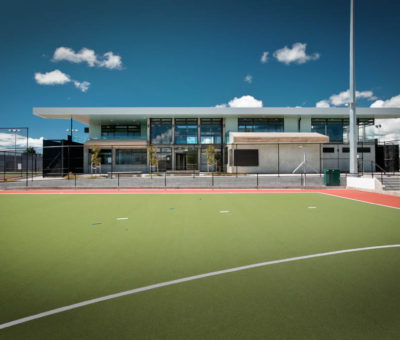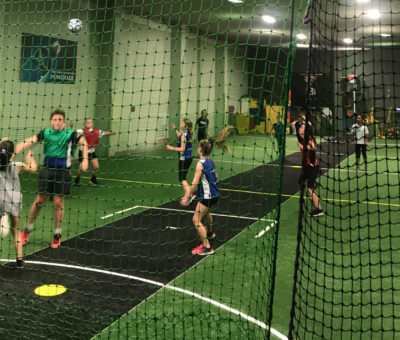Western Springs College Indoor Courts Feasibility and Business Case
Western Springs College, known to those who teach and learn there as ‘Springs’, occupies a special place in New Zealand’s educational landscape.
It is the only co-educational, non-uniform, wharekura-equipped secondary school in the country. The first stage of the major rebuild of the school has been completed and stage two is in planning. As part of the planning, Visitor Solutions were engaged to undertake a feasibility study on developing additional indoor courts to meet school and community needs. There was found to be a lack of indoor courts available across Auckland as a whole. The feasibility study showed there was a good partnership opportunity with Auckland Council and provided sufficient evidence for the Council to commit further funding to a detailed investigation on the need for additional indoor courts at the college. Visitor Solutions are currently developing a business case for the additional courts.


